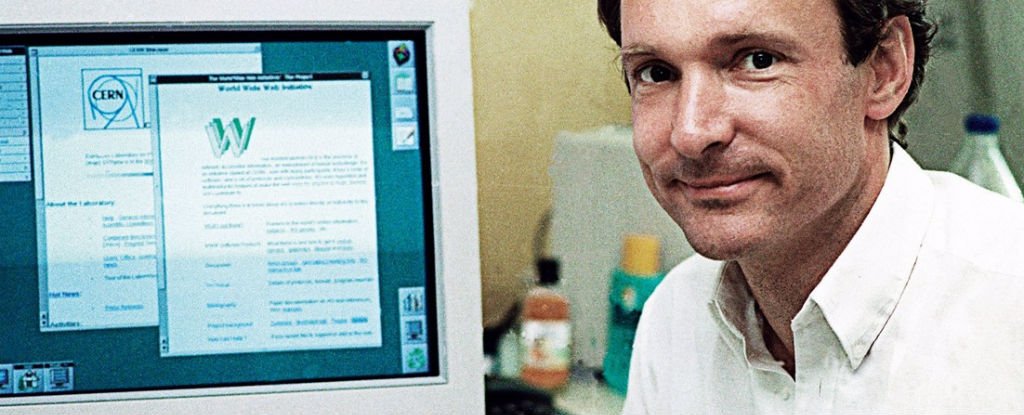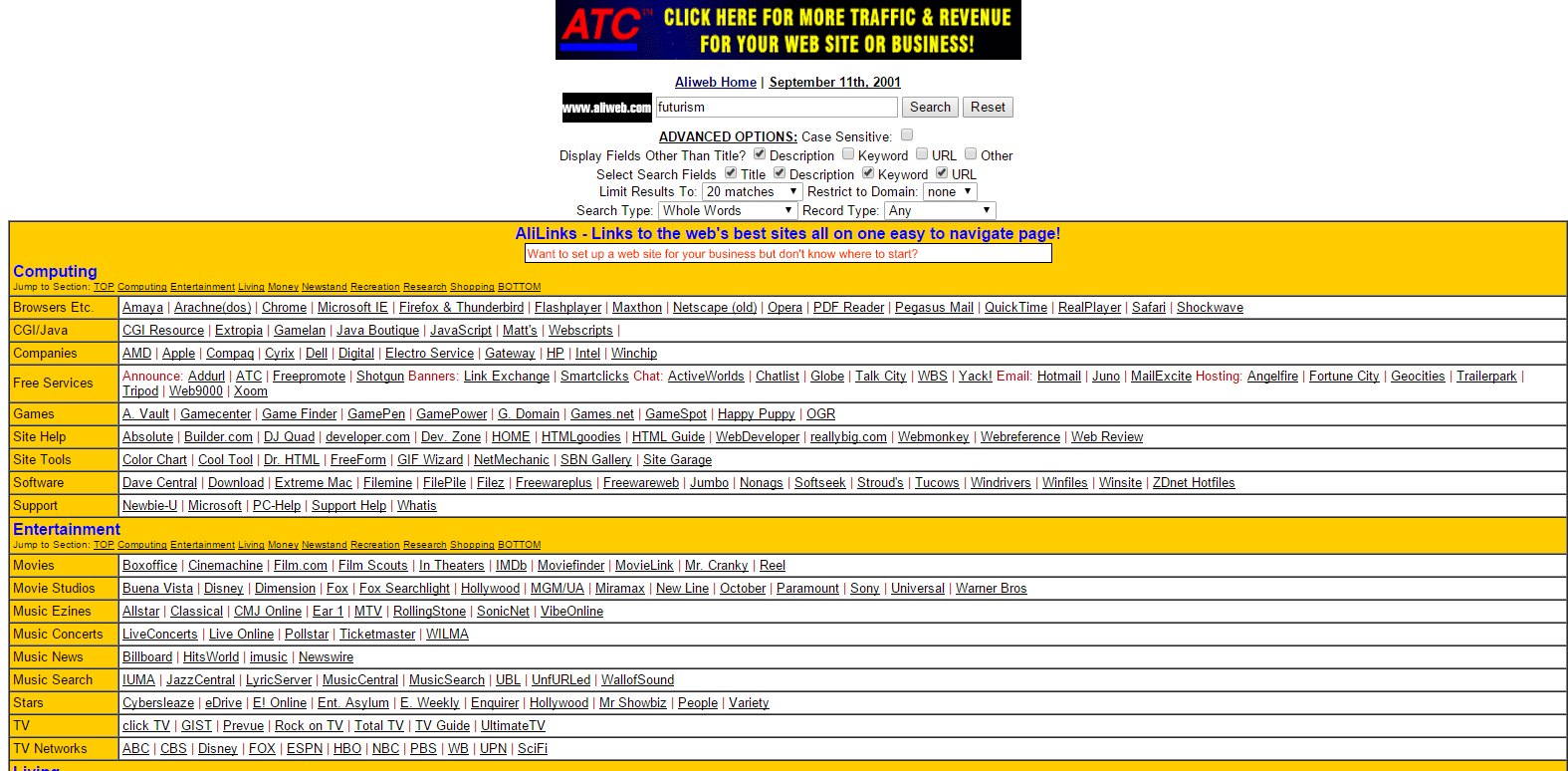
It seems like only yesterday we were getting our first E-mails and using AOL instant messenger to talk with friends. We hunted through pages asking Jeeves all sorts of absurd questions—until we eventually grew into Google. Of course, some of us dived in to Napster. We got OkCupid and Match.com. Then there was MySpace. Then Facebook and Twitter.
Now, we don’t watch videos on TV. We YouTube them. And we don’t talk face-to-face so much. We use Skype or post a comment on a friend’s Newsfeed.
But no matter how you choose to compute, there’s no denying it: Over the past few decades, the internet has come a long way.
In fact, on 20 December 1990, Tim Berners-Lee, a scientist working at the CERN research facility in Switzerland, turned on the world’s first website. That means that, this week, the world’s first website turns a staggering 25 years-old. A quarter of a century. It has accomplished a lot in that time. And it is still there. Kind of.
See Berners discuss “the next web” in the video below:

Back in 2013, CERN attempted to return it to its original address, you can see it here, in stripped-down form.
It is rather surprising to note that, before it became known for its 27 kilometer particle collider and the discovery of the Higgs, CERN played a pivotal role in the creation of the World Wide Web. It was originally hosted on Berners-Lee’s NeXT computer, and during these opening months, the site was just used internally by CERN scientists.
However, lucky for us, the whole server was opened to anyone with an Internet connection in August 1991. At the present time, there are some 4 billion webpages and just under a billion domains (you are on one of them right now).
Shortly after this venture, Martijn Koster, who is also at CERN, produced the world’s first search engine in 1993. Ultimately, Aliweb allowed individuals who used the early web to index their sites via keywords and written descriptions. You can still access it here (it even has an ad at the top!).

25 years from now, we may not be using a traditional computer and mouse to access the web. In fact, in many ways, we already aren’t. After all, how many of you are reading this from your phone? If M. T. Anderson’s Feed is realized, then the internet of the future will all be behind our eyes, in our brains.
But even if this vision isn’t what comes to pass, there is one thing that we can be sure of: The internet of tomorrow will bear little resemblance to the internet of today.